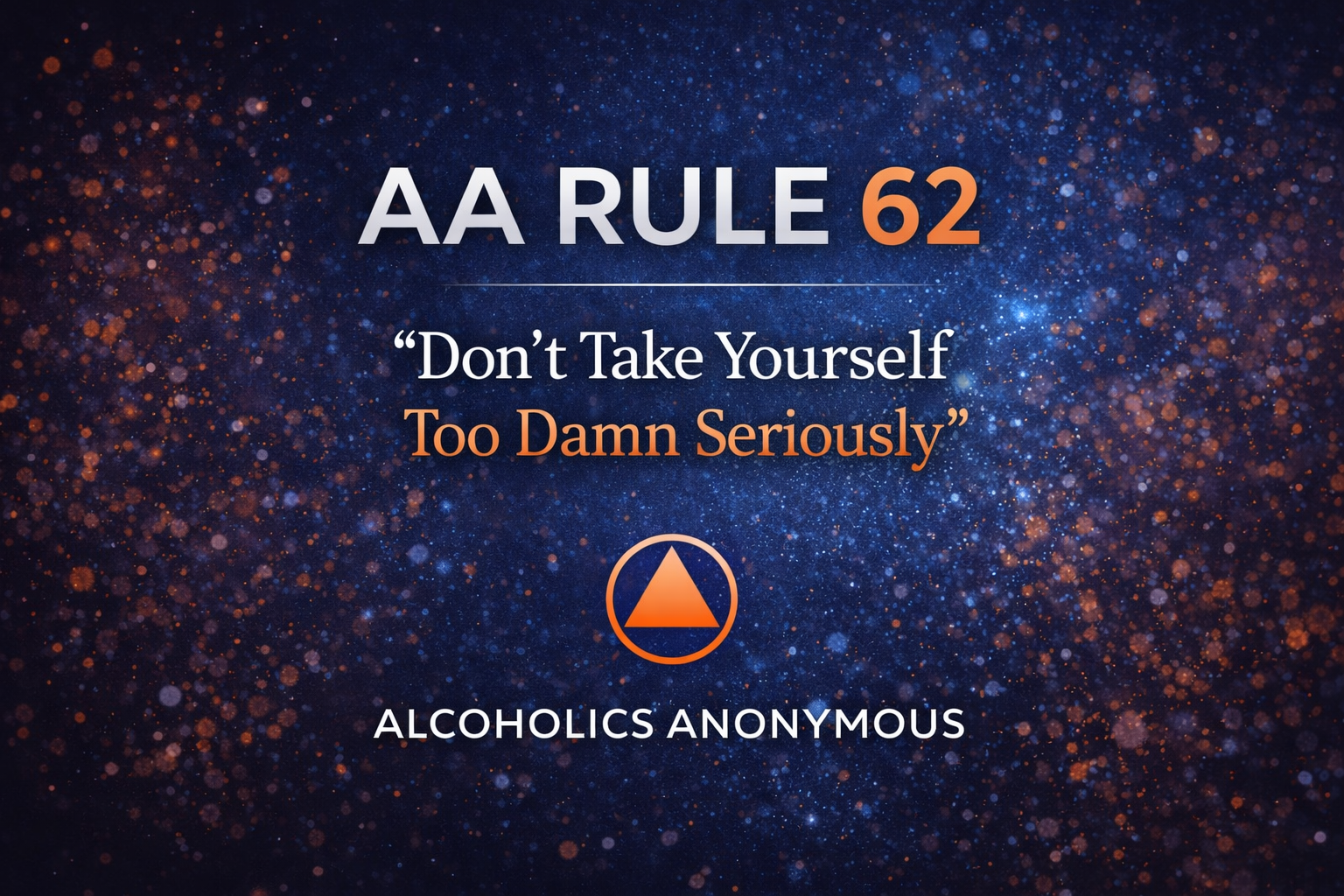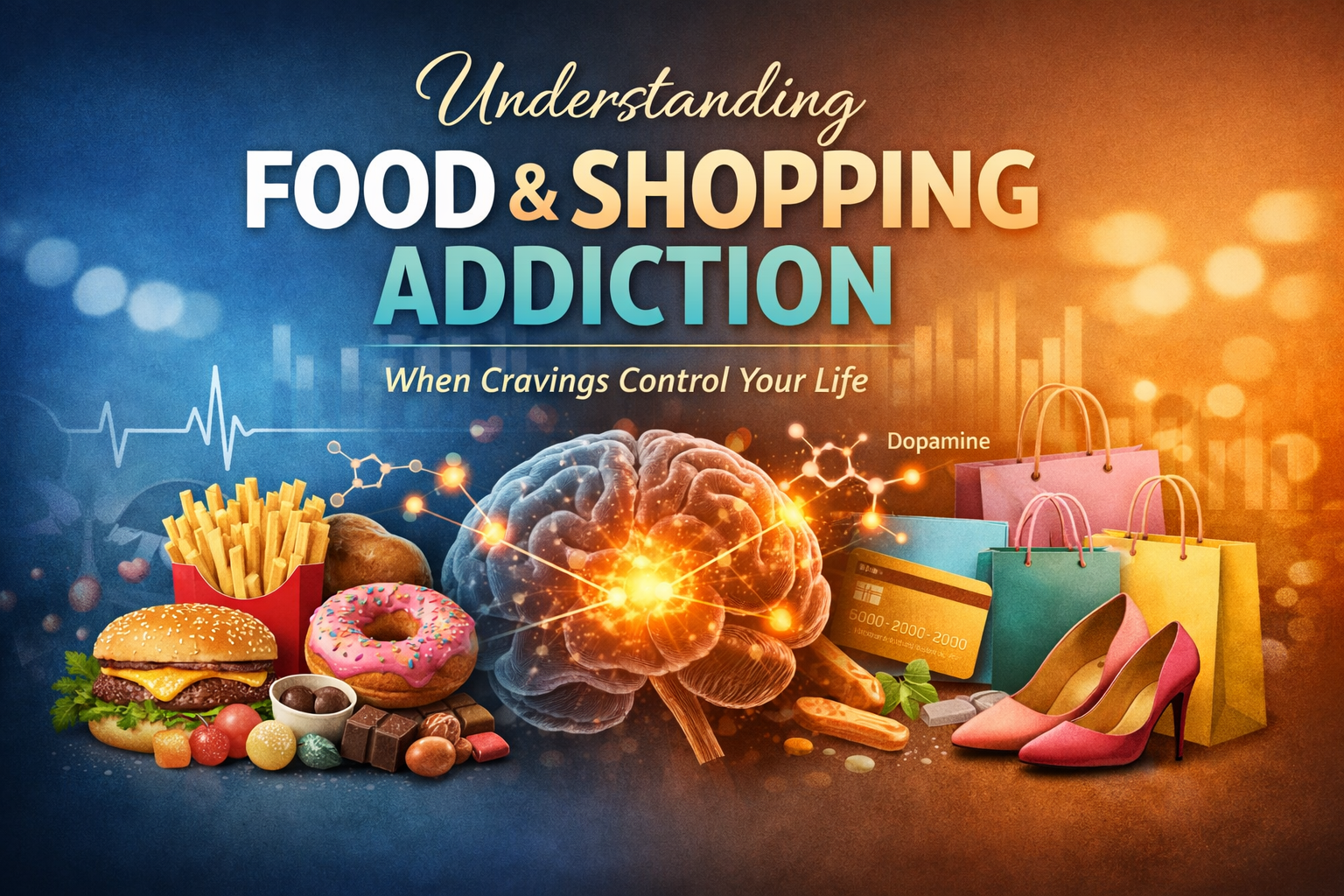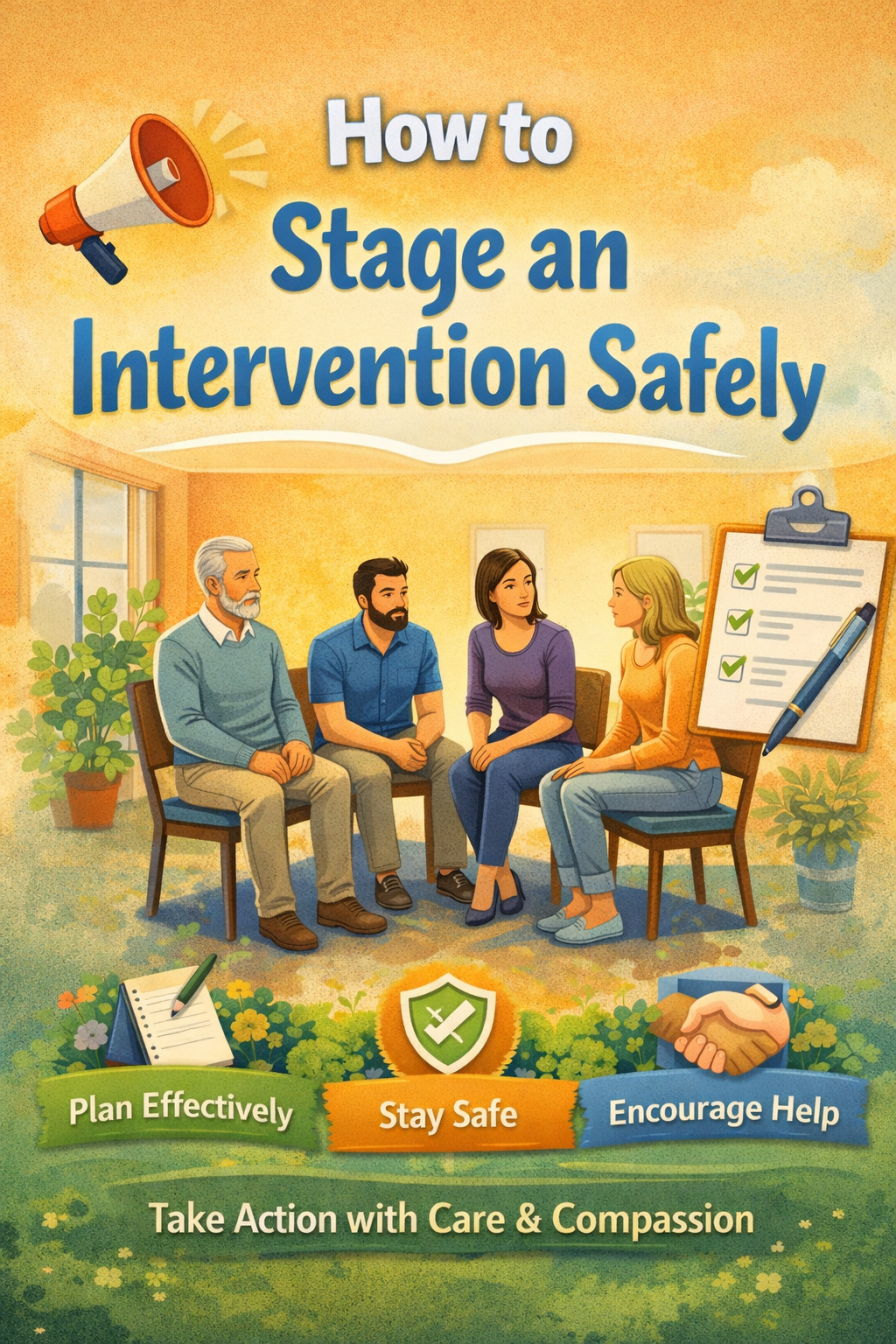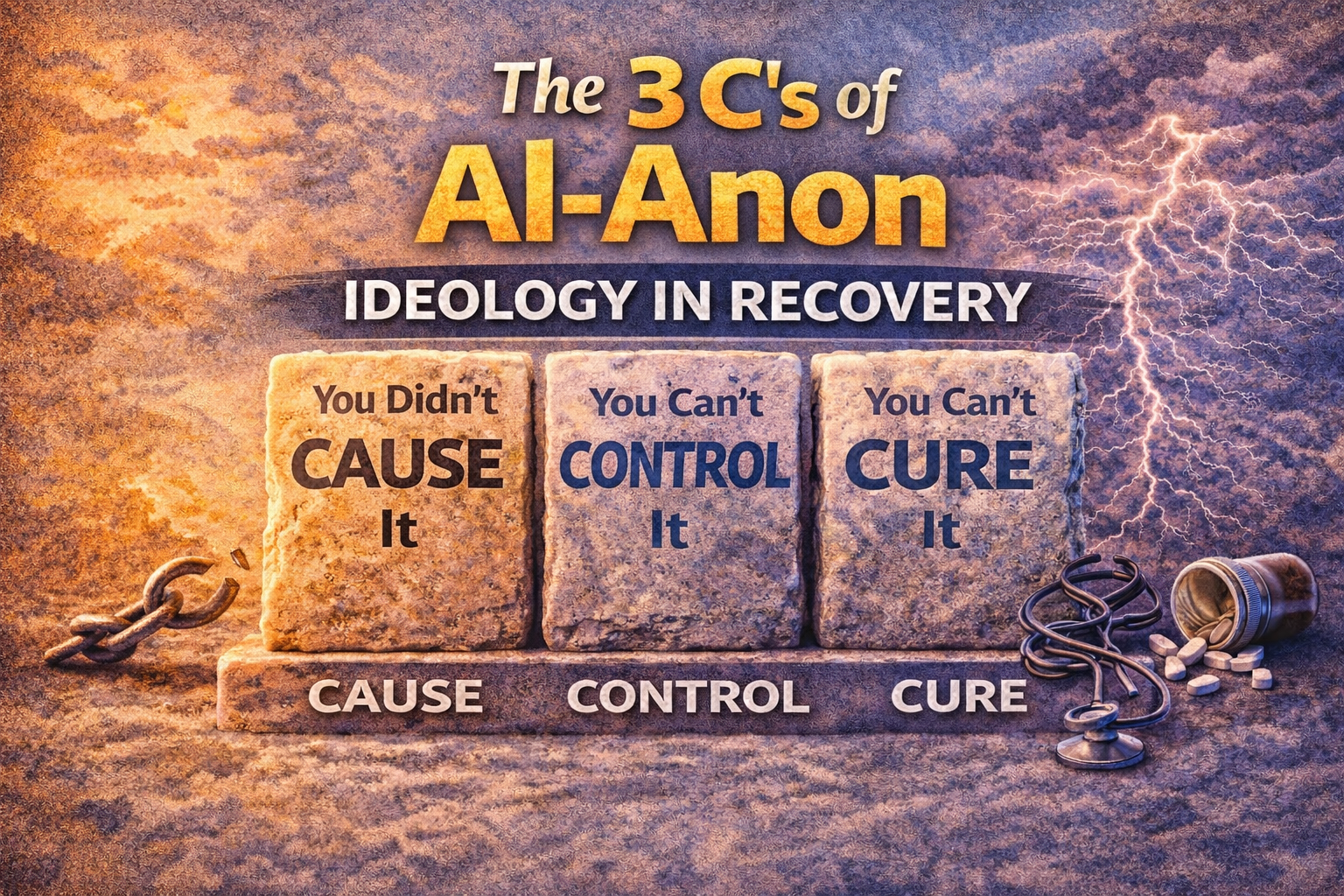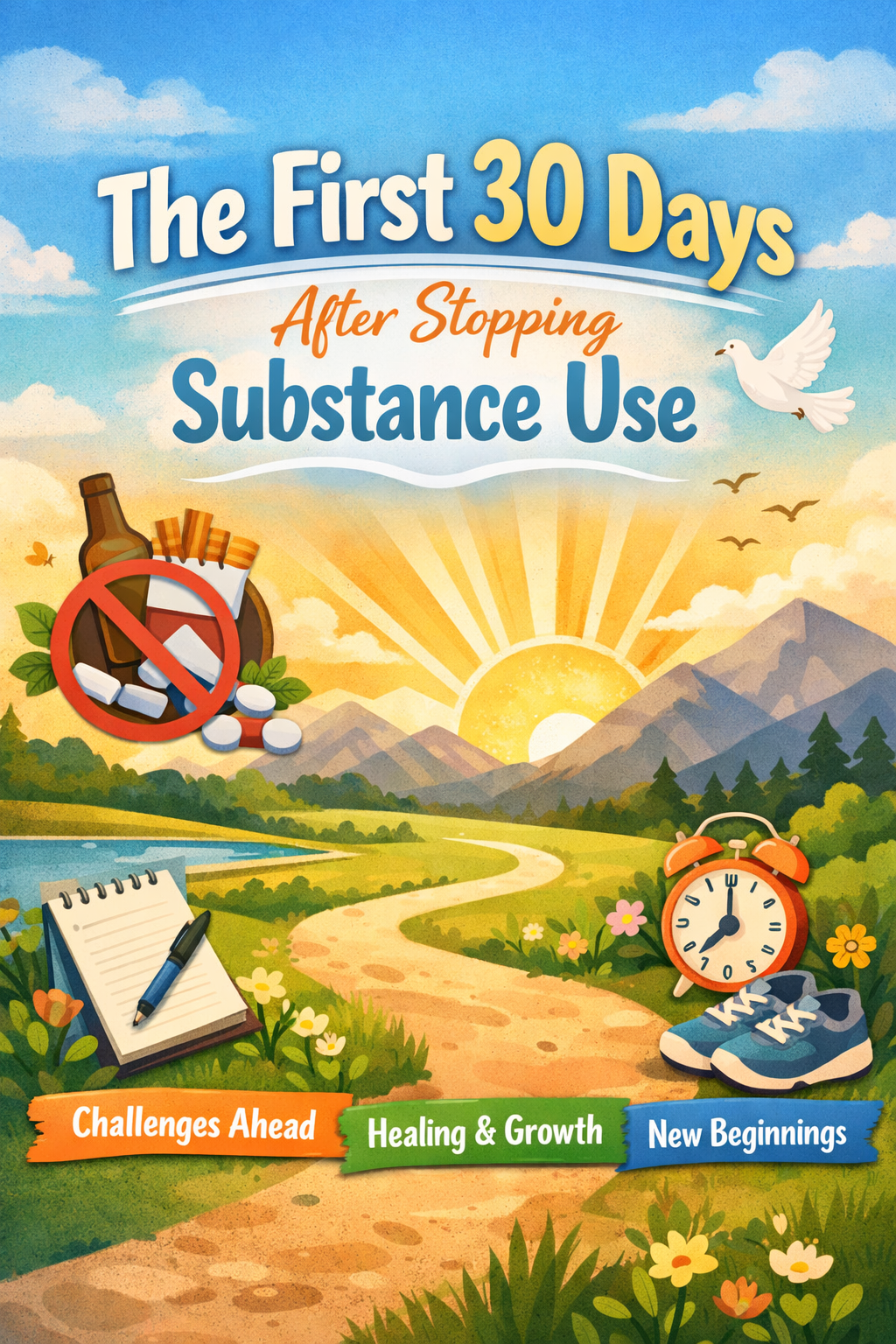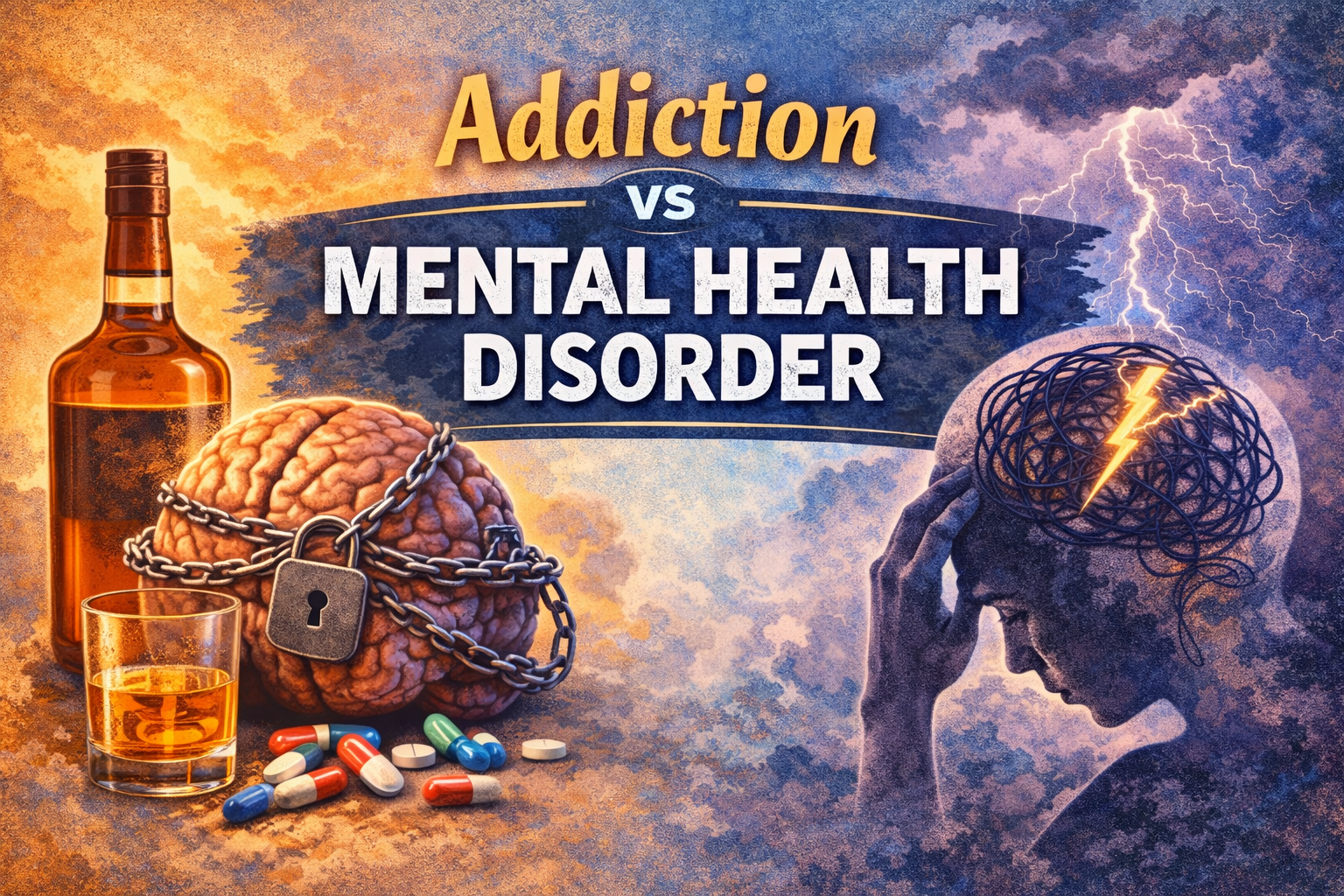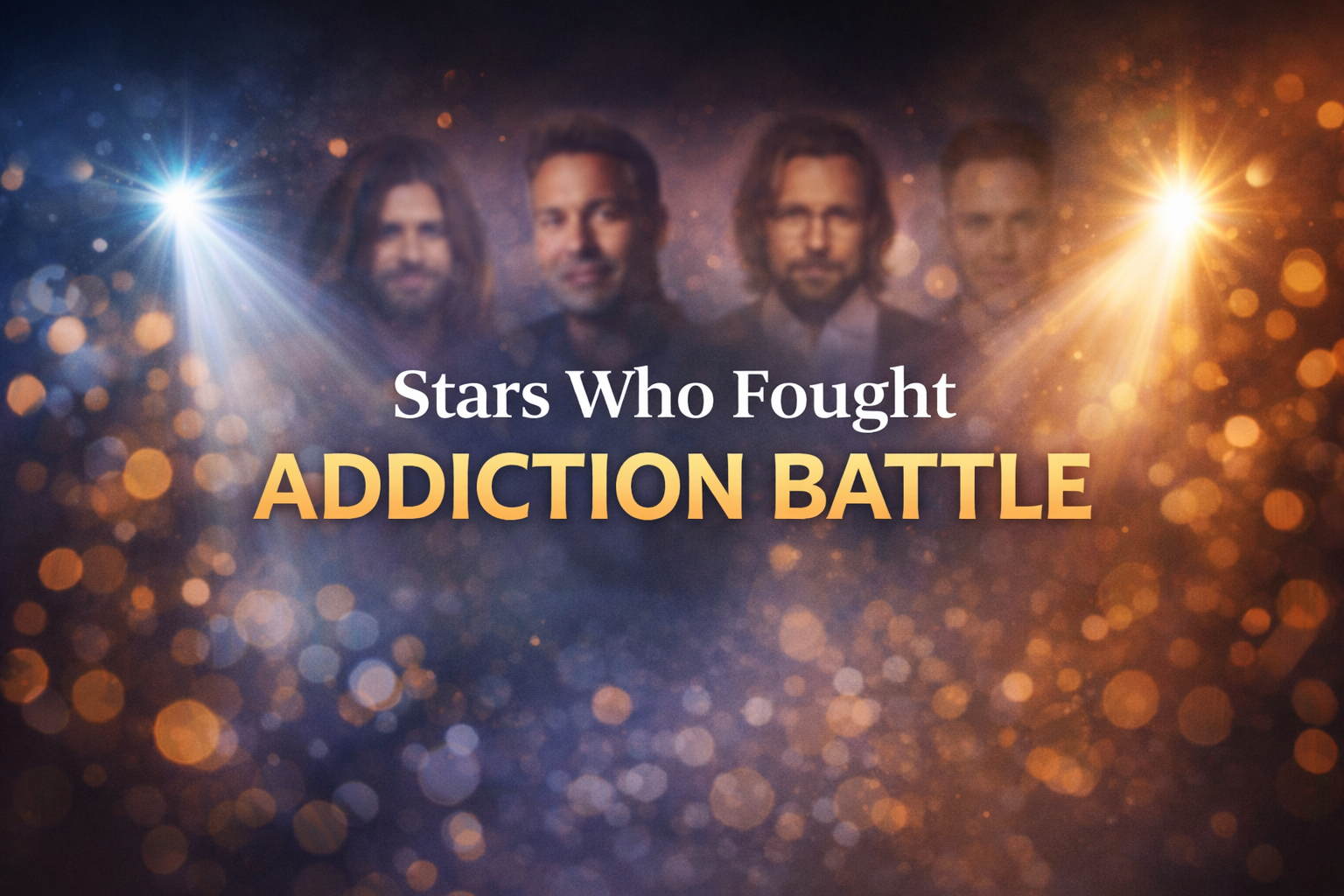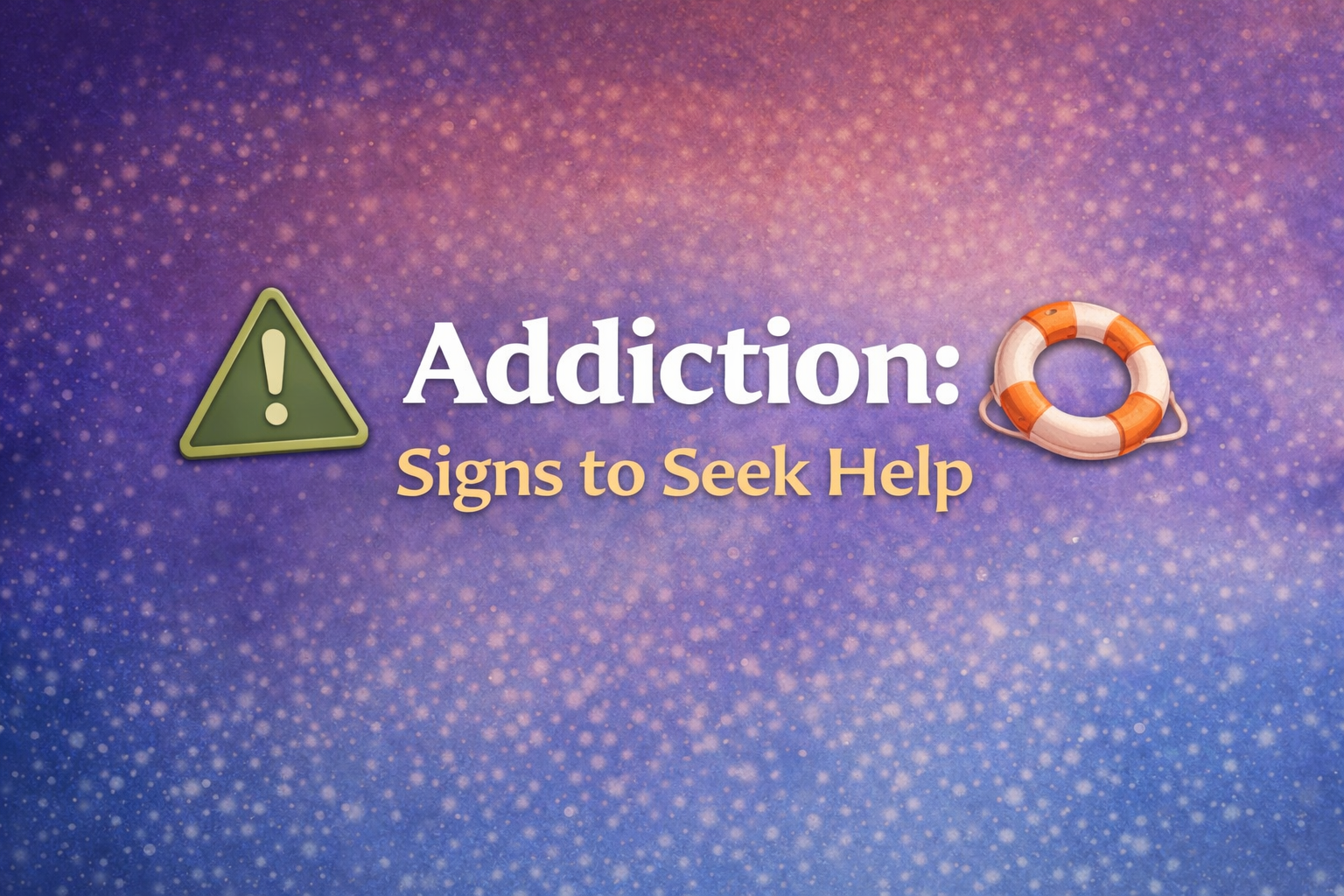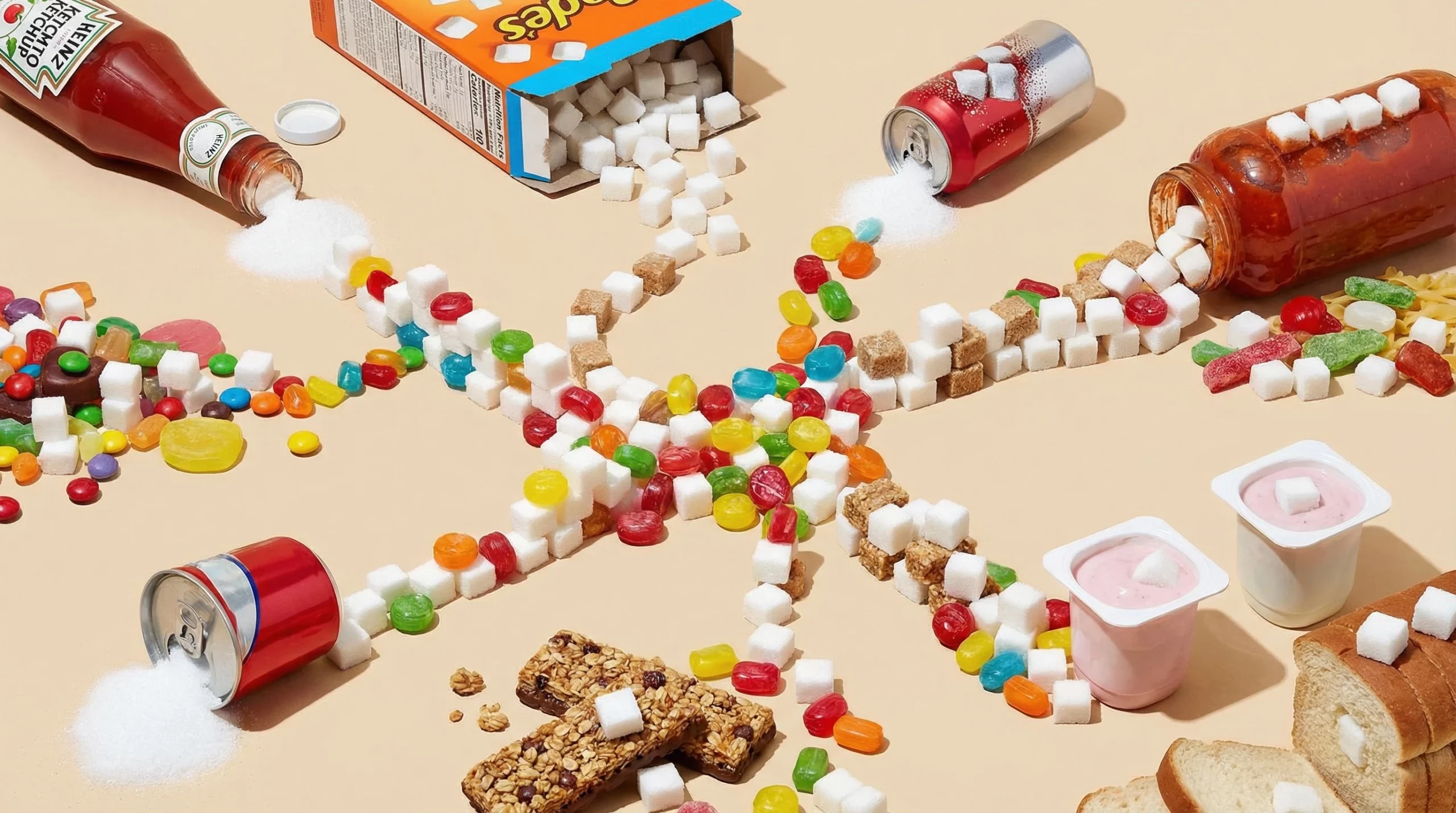Recovery with a Sense of Humor
AA Rule 62 — “Don’t take yourself too damn seriously” — is an informal yet enduring principle within Alcoholics Anonymous. Though not part of the official Twelve Steps or Twelve Traditions, it reflects a core recovery value: humility. Originally coined to ease tension during early group conflicts, Rule 62 reminds members that ego, pride, and … Read more
